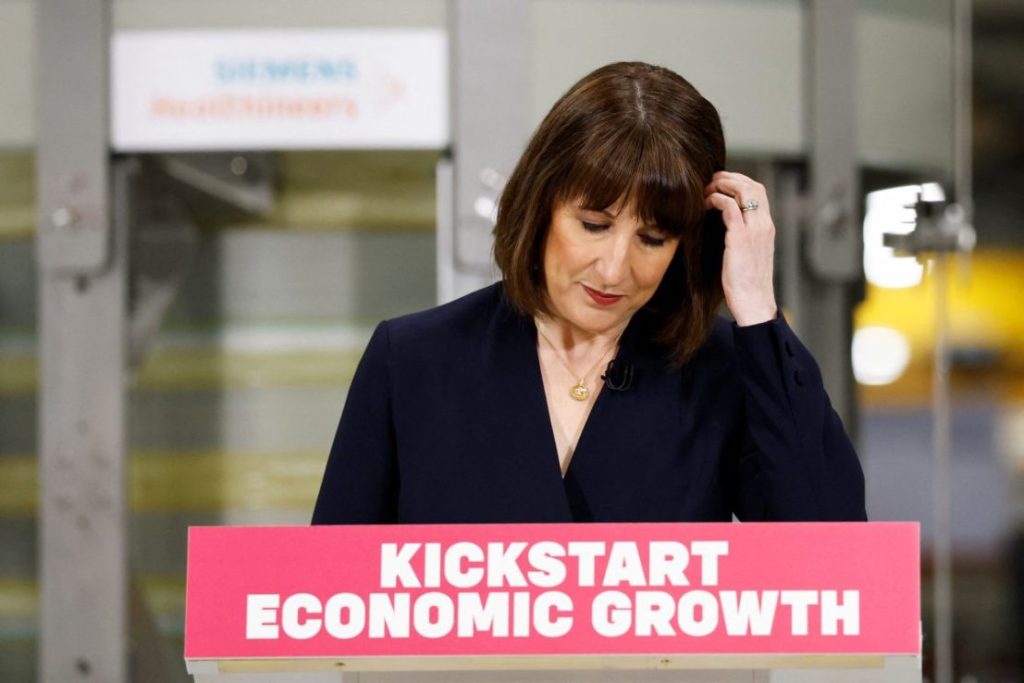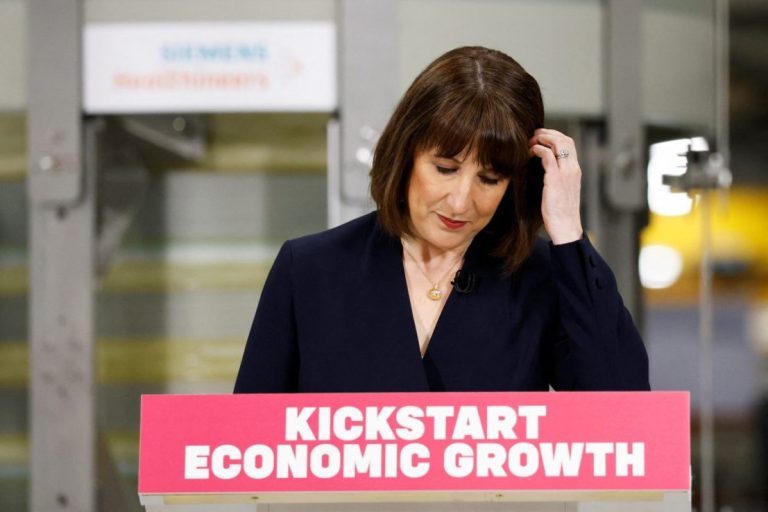
Recent analysis indicates that employees at small and medium-sized enterprises (SMEs) have experienced a decline in their wages at the conclusion of March. This downturn comes as businesses grapple with the impact of Chancellor Rachel Reeves’ national insurance tax hikes. The Office for National Statistics (ONS) unveiled data suggesting that while wage growth for the broader UK economy has consistently surpassed five percent each month since last September, those at smaller businesses are seeing the fallout of the government’s £25bn tax increase.
According to data from HR platform Employment Hero, shared exclusively with City AM, there has been a noticeable decline in median full-time pay across 105,000 SMEs. Their research highlights that employees are earning up to £250 less annually compared to their earnings at the end of December. This is particularly evident in the manufacturing sector, as well as in transport and logistics, with an average monthly wage reduction of approximately 2.6 percent in these industries.
The Economic Pressures on SMEs
Kevin Fitzgerald, managing director at Employment Hero, described the reduction in staff wages as « particularly alarming » given the recent tax hikes and the looming threat of US tariffs. « Businesses are clearly having to make tough decisions to stay competitive amid an increasingly challenging trade environment, » he notes. The scenario is particularly concerning as wage stagnation coincides with persistently high living costs.
Contrastingly, last week’s wage data released by the ONS showed higher-than-anticipated figures, largely propelled by the public sector. The government made a series of wage agreements with union leaders, increasing salaries for professions such as teachers and train drivers. However, this stands in stark contrast to SME workers, who typically earn less than £40,000 on average, as per Employment Hero’s insights.
Implications of Recent Economic Policies
The events following Reeves’ Autumn Budget last year saw warnings from Resolution Foundation researcher James Smith about expected wage declines owing to the tax hikes. Reports from the Bank of England have suggested that national pay increases could decelerate to approximately four percent.
This situation places immense pressure on SMEs, which are already navigating a complex fiscal landscape exacerbated by elevated living costs and competitive business environments. Small businesses often operate on slim margins, and the current tax landscape complicates their ability to retain and appropriately compensate their workforce.
Future Outlook for Employees at SMEs
Moving forward, the situation for SME employees remains uncertain. While larger corporations might bear down on rising operational costs with more resilience, smaller enterprises often have limited avenues for financial mitigation. This could lead to significant shifts in employment patterns, with potential cutbacks in hours or even layoffs as companies strive to balance the cost of doing business with fiscal sustainability.
For many SME employees, this means grappling with reduced earnings amidst a backdrop of persistent economic volatility. The challenge is dual: what immediate relief can be enacted to stabilize wages, and how can policy be reshaped to prevent further wage erosion in the face of statutory tax obligations?
As these dynamics play out, policy responses will need to be carefully scrutinized. Whether through revised tax measures or incentivization schemes targeting SMEs, the long-term welfare of both the businesses and their employees hinge on adept navigation of these economic challenges.



